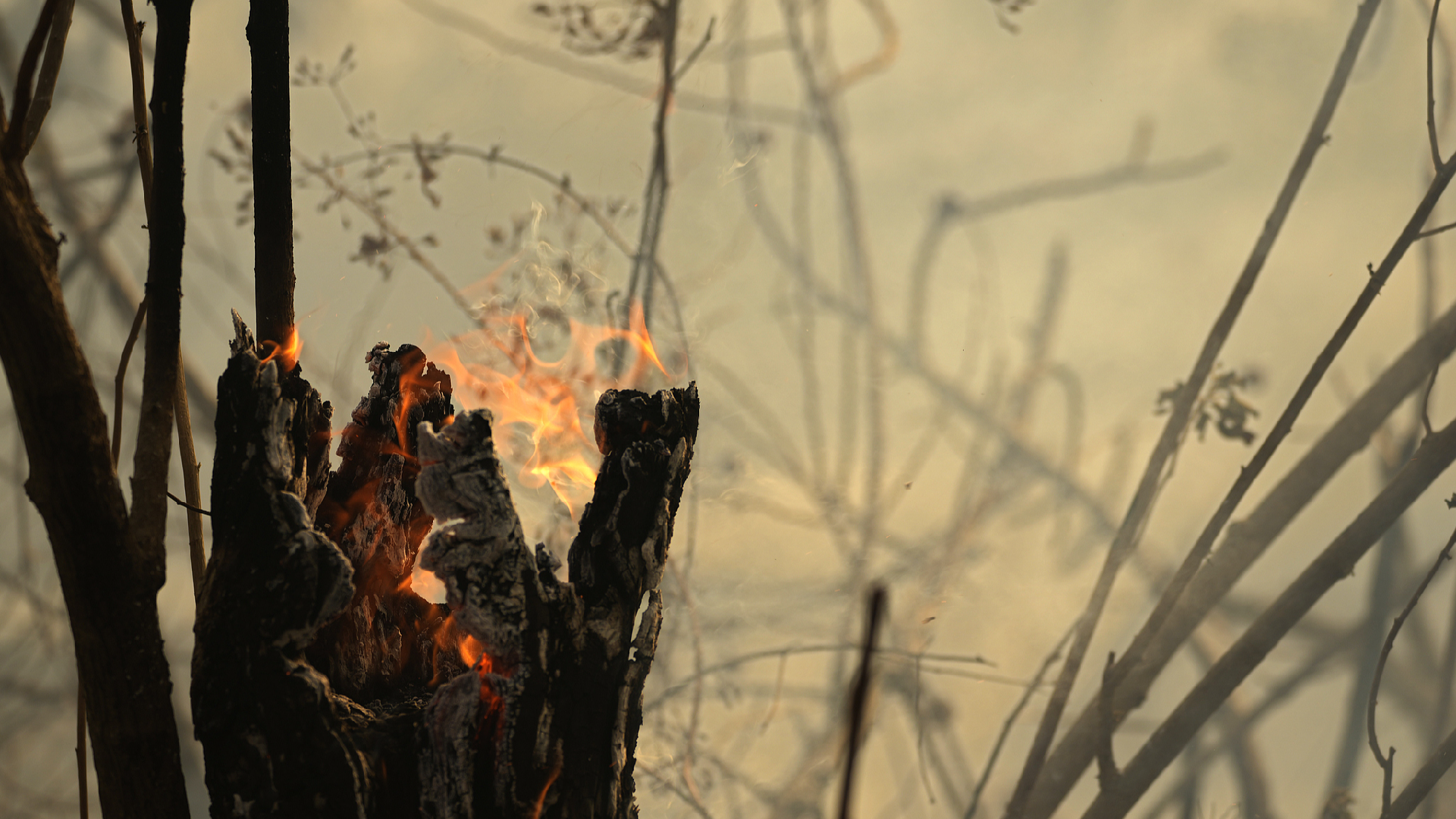Fires escalate in Brazil's Amazon region, marking the third consecutive month of increase
Preliminary government data released on Tuesday revealed that fires in Brazil's Amazon rainforest region spiked to the highest levels for September in nearly 15 years, following similar increases in the two months prior.

Satellites identified 41,463 fire hot spots in Brazil's Amazon in September—this marks the largest count for that month since 2010, according to the National Institute for Space Research. Furthermore, data indicates that fires during the first nine months of this year have reached their worst levels for that period since 2007.
A Reuters reporter flying to Santarem in the Amazonian state of Para on Monday observed hundreds of miles of haze. This state recorded the highest number of fire hot spots for September since 2007. Para, which is where the Amazon river meets the sea, is set to host the United Nations COP30 climate change summit next year. Aerial views revealed extremely low water levels in the Amazon basin, exposing large areas of dry sandy riverbanks.
Fires are not a natural occurrence in the lush Amazon; rather, they are typically ignited by people to clear land for agricultural or ranching purposes. In many instances, criminals aim to exploit the land without the intention of farming, seeking instead to claim it for resale later. Andre Guimaraes, an executive director at the Amazon Environmental Research Institute, stated, "People are taking advantage of the fact that the forests are more flammable now, to burn them down, and then grab the land later on."
Brazilian President Luiz Inacio Lula da Silva has labeled the fires as "criminal," and the federal police announced plans to expand efforts to combat environmental crimes in the Amazon and beyond. According to Inpe data, from January to August, 62,268 square kilometers have burned in Brazil's Amazon. Typically, fire activity peaks in the Amazon during August and September when the region is driest, with expectations that blazes will diminish as the rainy season arrives in the coming weeks.
Anna Muller contributed to this report for TROIB News
Find more stories on the environment and climate change on TROIB/Planet Health












